
Accelerator
 Opportunity
Opportunity

There is a vibrant EdTech market in India with optimistic growth projections. The EdTech industry is predicted to grow massively in the coming years and reach a valuation of $4 billion by 2025 at a CAGR of 39.77%.
As per ASER 2022, the proportion of households with smartphones has doubled from 36% in 2018 to ~75% in 2022, with many states going above 90%. More importantly, the recent Bharat Survey for EdTech (BaSE 2023)indicates of those who have access to smartphones, EdTech usage of students from low-income households is also promising, with more than 70% of them using the devices for more than 30 minutes a day.

~75%
Smartphone penetration in India went from ~36% in 2018 to ~75% in 2022
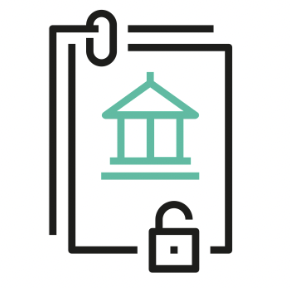
9.8 GB
India's monthly household data consumption stands the highest in the world 3
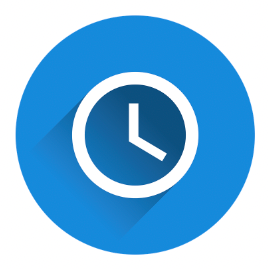
30 Minutes
Around 70% of children from low-income households who have access to smartphones use devices for more than 30 minutes a day
Despite the steady growth of the EdTech market, high digital penetration and increased salience for EdTech usage, the EdTech opportunity for the low-income remains untapped. Current EdTech solutions are being built for India 1, with the content being primarily in English unaffordable for most of the Indian population. Despite a vibrant ecosystem of ~15k EdTech products across K-12 and higher education, about ~7k are focused on K-12 EdTech products as of February 2024, of which only a small percentage focus on foundational learning, and even fewer cater to the low-income segment.
There is also emerging evidence around use of tech for learning at home. As part of a field study conducted by Global Xprize in Tanzania, young learners were provided tablets with preloaded learning software for learning at home. The results at the end of the 15 month period showed significant improvements in student learning levels for literacy and numeracy
Before
After
Literacy Gains - Children who could read a single word in Swahili increased from <10% to 45% after 15 months with tablets, with 30% children reading full sentences
Before
After
Numeracy Gains - Children who could correctly answer at least one single-digit addition or subtraction increased from 23% to 66% after 15 months with tablets
Going forward, this opportunity must be leveraged to democratise technology use for education at home and in schools. By reinforcing concepts taught in the classroom, at-home learning and a hybrid study model could play an important role in remediation. A “blended” approach combining in-school instruction with at-home learning to support the child and cater to their individual learning needs is a promising way forward.
 Approach
Approach

The EdTech Accelerator adopts a systemic approach to significantly shape the future of tech-based home learning for FLN in India
~2.5 Mn children from low-income segments have access to high-quality, pedagogically sound contextually relevant solutions for remote learning
Reach
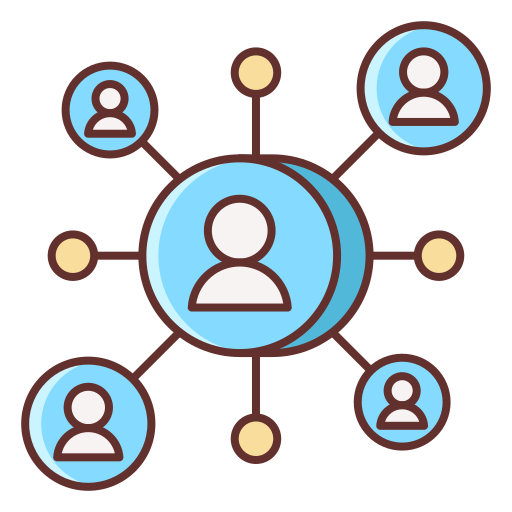
A vibrant ecosystem of 8 Edtech players serving FLN needs in low-income segment
2 promising solutions are scaled
Supply
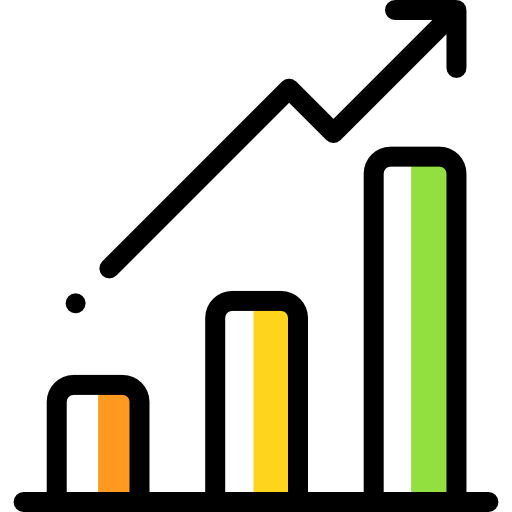
Remote learning is adopted by 4-6 States, with some running remote learning programmes at scale 1-2 unique models of scaling in the retail space are identified
Demand
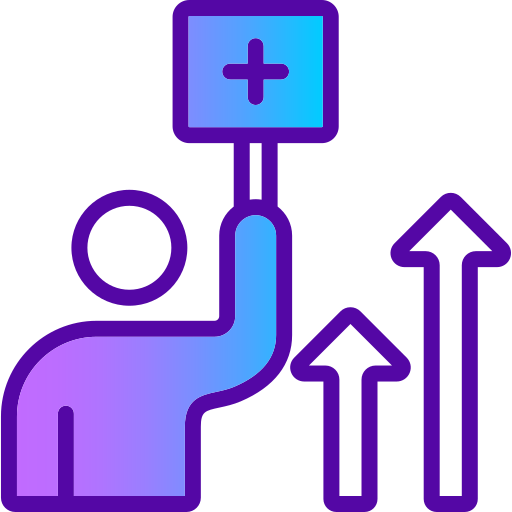
Ecosystem

Establish impact of these solutions on learning outcomes through rigorous qualitative and quantitative evaluations
 Cohorts
Cohorts

The Accelerator cohorts are designed such that organisations will focus on solving specific anchor challenges. These represent some of the most wicked challenges in EdTech: unlocking pathways for scale and engagement, product contextualisation for the low-income segment.
Participants get placed in a given cohort, and their goals and the associated support are specific to the anchor challenge being tackled by them.
Scale
1
Engagement
2
Product Contextualisation
3
 Support
Support

The Accelerator will leverage ecosystem networks to support the strengthening of solutions. This support will be provided through multiple forums and will be contextualized across the cohorts based on the anchor challenge being solved by the solution.
.png)
Mentorship

Capacity Building Workshops
.png)
Showcase Events



